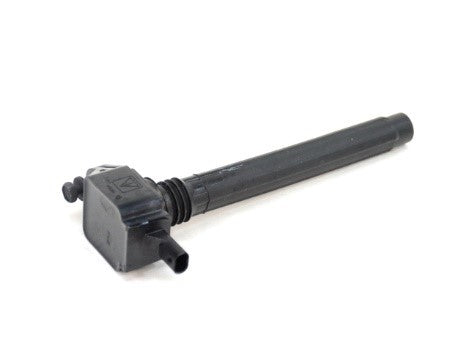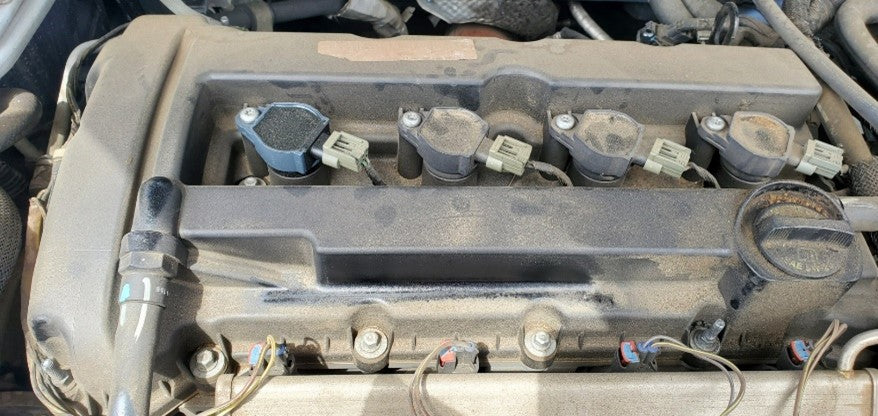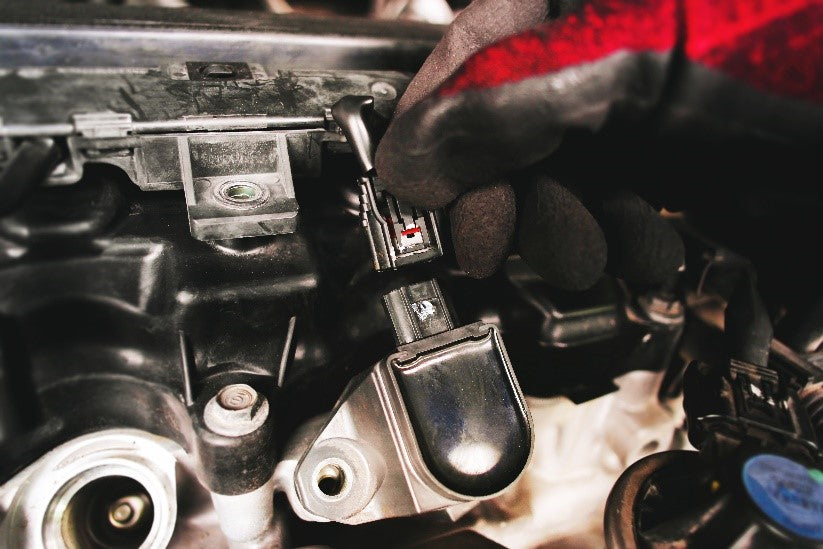My shopping cart
Your cart is currently empty.
Continue ShoppingBy R&D
Published on January 8th, 2024
As an Amazon associate, we earn from qualifying purchases.
This article outlines the procedures to fix the cylinder 3 misfiring issue for Diagnostic Trouble Code (DTC) P0303 on the 2017 Jeep Renegade.
The 2017 Jeep Renegade might have symptoms including difficulty starting or cranking but not starting, rough idle, poor acceleration, and an illuminated Malfunction Indicator Light (MIL).

Innova Scan Tool indicates DTC P0303
The Innova Scan Tool indicates the presence of DTC P0303. which is a crucial code associated with misfiring. Some common factors that can trigger DTC P0303 include:
This article provides information and instructions to assist in identifying the cause of a misfiring issue and resolving DTC P0303 on a 2017 Jeep Renegade.

| Table header 0 | Step Time required (hour) Sections Cautions | 6 2.1 1 0 |
|---|---|---|
| Model | Part number | Part name |
| 2017 Jeep Renegade | 68242286AB | Ignition Coil |
(This image is for illustrative purposes only and may not match the actual part number)
Find the perfect scanner in 1 minute
During your initial inspection, check for torn inlet boots, missing/broken vacuum tees, and disconnected wire harnesses. Also, check for leaking head gasket, spark plug, coil, fuel injector, flat camshaft, or low compression.
Inspect the spark plugs for damage due to contact or signs of carbon tracking. Check that Ignition Coil wire(s) fit tightly on Spark Plugs and coil(s) fit properly into the valve cover, cylinder head, and Spark Plug(s). Need to check for lean condition caused by a biased Oxygen (O2) Sensor.
Ensure Ignition Coil harness connector(s) properly fit into connector/holders to prevent issues. With the engine idling, you may spray a fine water mist across the wires and coil, looking for arcing or RPM change. Refer to the Vehicle Emissions Warranty Manual for time and mileage coverage of emissions-related fault(s).
For additional information, refer to the Service Manual or applicable Technical Service Bulletin (TSB).

Step 1: Turn vehicle ignition to the OFF position. Disconnect the ignition coil connectors and turn the ignition to the Key ON Engine OFF (KOEO) position. Using a Digital Multimeter (DMM), measure the voltage between Pin 2 (Ground/Yellow) and the body ground. Voltage should be the Battery Voltage.
If the voltage is out of specification, repair the wiring between the ignition coils and fuse 17. Perform Repair Validation.
If the voltage is within specification, go to step 2.
Step 2: Remove the ignition coil from cylinder No. 3. Move the ignition coil to another cylinder. Perform Repair Validation.
If a DTC is set for the cylinder where the ignition coil was moved, replace the ignition coil(s). Perform Repair Validation.
If the same DTC is set, go to step 3.
Step 3: Remove the spark plug and inspect it. The spark gap should be 0.047 in (1.2 mm). Perform a quick compression check to determine if the compression is the root cause. Then, follow the appropriate diagnostic procedure and repair as specified. If compression, spark plug, and gap are good, move the spark plug to another cylinder. Perform Repair Validation.
If a DTC is set for the cylinder where the spark plug was moved, replace the spark plug. Perform Repair Validation.
If the same DTC is set, perform Repair Validation.

Step 1: Disconnect and isolate the negative battery cable.
Step 2: Remove the engine cover.
Step 3: Unlock and disconnect the wire harness connector from the ignition coil.
Step 4: Remove the ignition coil mounting bolts and pull the ignition coil from the cylinder head cover opening with a slight twisting action.
Step 5: Using the appropriate socket, remove the spark plug from the cylinder head.
Installation is accomplished in the reverse order of removal.
Step 1: Clear DTC(s) and Freeze Frame (FF) information.
Step 2: Perform the KOEO and Key ON Engine RUNNING (KOER) tests or follow the On-Board Diagnostics (OBD2) drive cycle requirements for the fault area.
Step 3: An optional method to validate the repair would be to operate the vehicle within the conditions recorded in the FF data.
Step 4: Check for pending or stored DTC(s). If none is found, the repair is complete.






Hop in the discussion board on our community site!
It's a place where we help each other answer questions. Like Reddit but for automotive lovers.
SUBSCRIBE & GET ACCESS TO LIMITED-TIME OFFERS